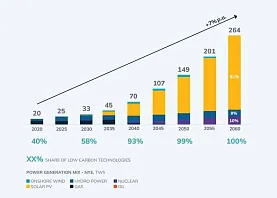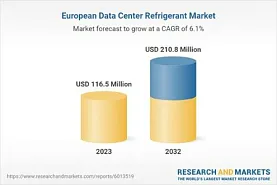On World Ventil8 Day, the focus is on emphasizing the necessity of effective ventilation in indoor spaces, as air quality directly impacts health, well-being, and productivity. In the UK, where individuals spend up to 92% of their time indoors, ensuring clean air in homes, workplaces, and schools is crucial.
With new construction trends favoring airtight buildings for energy efficiency and environmental sustainability, it becomes vital to implement comprehensive ventilation strategies. Effective systems must balance air supply and removal to prevent the accumulation of indoor pollutants like volatile organic compounds (VOCs), carbon monoxide, mould spores, and dust mites, all of which contribute to poor indoor air quality and associated health risks.
The rise in mechanical ventilation installations in residential settings reflects the growing recognition of their importance. However, nearly 40% of systems tested by BSRIA have failed to meet Building Regulations' airflow requirements, indicating room for improvement within the UK construction industry.
As airtightness standards become stricter under the Future Homes and Buildings standards, aiming for a 75% reduction in carbon emissions compared to 2013 levels, robust controls are necessary. This includes ensuring that ventilation systems are designed, installed, and maintained to match their intended operational efficiency.
BSRIA supports this endeavor by offering services such as laboratory testing, onsite inspections, verification, and occupancy evaluations. By effectively addressing these challenges, the industry can reduce unintended consequences and improve both thermal comfort and energy efficiency. Ultimately, access to clean air through efficient ventilation should be considered a fundamental right, not a luxury.






